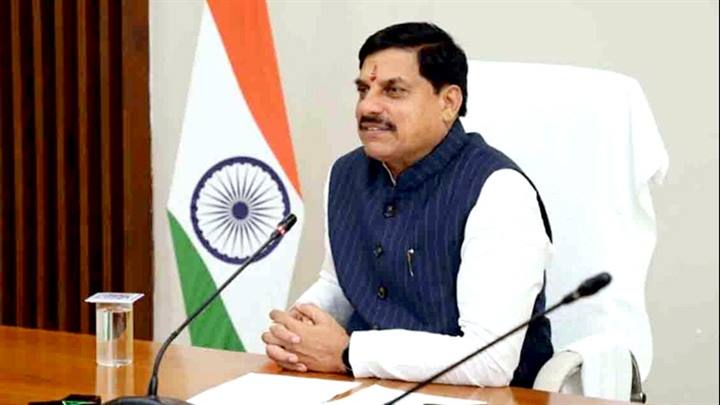How Trump’s Presidency Could Shape the Future of Bitcoin and Crypto in the US and Worldwide
As the US bitcoin (BTC) and crypto industry looks ahead to potential benefits under Donald Trump’s presidency—despite some in the sector having voted against him

As the US bitcoin (BTC) and crypto industry looks ahead to potential benefits under Donald Trump’s presidency—despite some in the sector having voted against him—a second term for the Republican leader could also impact the global crypto market.
Trump’s presidency could solidify him as one of the world’s most influential pro-crypto leaders, as the US remains the largest global economy and a key player in the expanding crypto sector.
Although Trump dismissed bitcoin during his first term, even proposing regulations to monitor crypto users, he now expresses support for the industry. He has pledged to back bitcoin and foster the growth of the US crypto market. Additionally, he continues to hold the title of "Chief Crypto Advocate" for the World Liberty Financial project, a crypto initiative involving his sons, although the project has not yet gained significant traction.
However, it’s still unclear how many of his pre-election promises will come to fruition. A 2020 BBC report highlighted that while Trump followed through on some promises—such as tax cuts, withdrawing from the Paris climate deal, and judicial reforms—others, like building a border wall funded by Mexico and reducing the national debt, were not completed.
In his recent campaign, Trump echoed the sentiment that “every bitcoiner knows by heart: Never sell your bitcoin.” Blockchain analysts, however, claim to have traced a BTC wallet allegedly linked to Trump, from which bitcoin was sold.
Pre-election Commitments
One of Trump’s most ambitious proposals during the campaign was the creation of a “bitcoin strategic reserve,” with a plan to acquire 1 million BTC over five years. While Trump didn’t explicitly endorse the idea, proposed by another Republican at a bitcoin event he attended last summer, he did promise that the US government would retain any confiscated bitcoin and refrain from selling it.
Trump also suggested that crypto assets could help address the national debt, though he did not provide details. Meanwhile, Senator Cynthia Lummis has already introduced a bill advocating for BTC as a reserve asset.
Trump has also expressed support for US-based bitcoin mining, advocating for “all remaining bitcoin to be mined in the USA,” and he pledged to defend the right to mine bitcoin. Additionally, he voiced support for self-custody of digital assets, and freedom from government surveillance and control, opposing central bank digital currencies (CBDCs).
Further promises include firing Gary Gensler, head of the US Securities and Exchange Commission (SEC), due to his antagonistic approach toward crypto. Many in the industry hope this would end "Operation Choke Point 2.0," a program that allegedly restricts crypto companies’ access to the traditional banking system.
With a pro-crypto Republican majority in the Senate and House, Trump has a better chance of fulfilling these promises. This could lead to more favorable legislation and clearer regulations for the domestic crypto market. Additionally, Trump’s vice president, JD Vance, a known Bitcoin advocate, would likely oversee crypto-related matters.
Global Impact
The developments in the US are likely being closely watched by global leaders, as this election highlighted the increasing importance of supporting the crypto industry. For instance, anti-crypto Senator Sherrod Brown lost his seat after crypto industry donations were directed to Republican Bernie Moreno, while crypto-friendly candidates faced setbacks, including long-standing critic Senator Elizabeth Warren.
International governments may feel compelled to adopt more crypto-friendly stances if the US under Trump takes steps to support the sector. Reports from Chinese media suggest that Hong Kong—where bitcoin exchange-traded funds (ETFs) are already available—and even mainland China may soften their stance on crypto. Speculation also exists that global financial institutions like the World Bank and IMF, where the US holds significant sway, could adopt more crypto-friendly policies.
If the US begins adding BTC to its reserves, other major economies, including China, could follow suit. Despite China’s restrictive crypto policies, it remains a major player in bitcoin mining and continues to have a strong presence in the crypto market. Additionally, Sławomir Mentzen, a presidential candidate in Poland, has already embraced the idea of a BTC reserve and promised to make Poland a “cryptocurrency haven.”
Some bitcoin analysts suggest that bitcoin could become a “geopolitical weapon,” though many experts dismiss this idea.
In the global race for investment, financial and human capital tend to flow to jurisdictions that are seen as friendly. The US, already a leader in the tech sector, could attract even more investment with a pro-crypto environment. Earlier this year, major crypto companies like stablecoin provider Circle returned to the US from Europe, seeking a more favorable regulatory climate and the potential for an initial public offering.






















